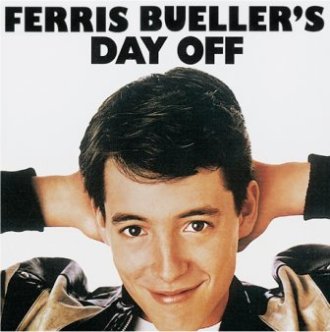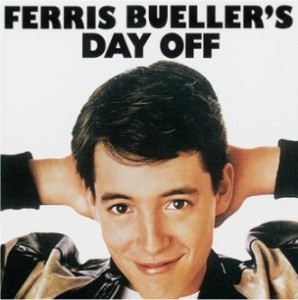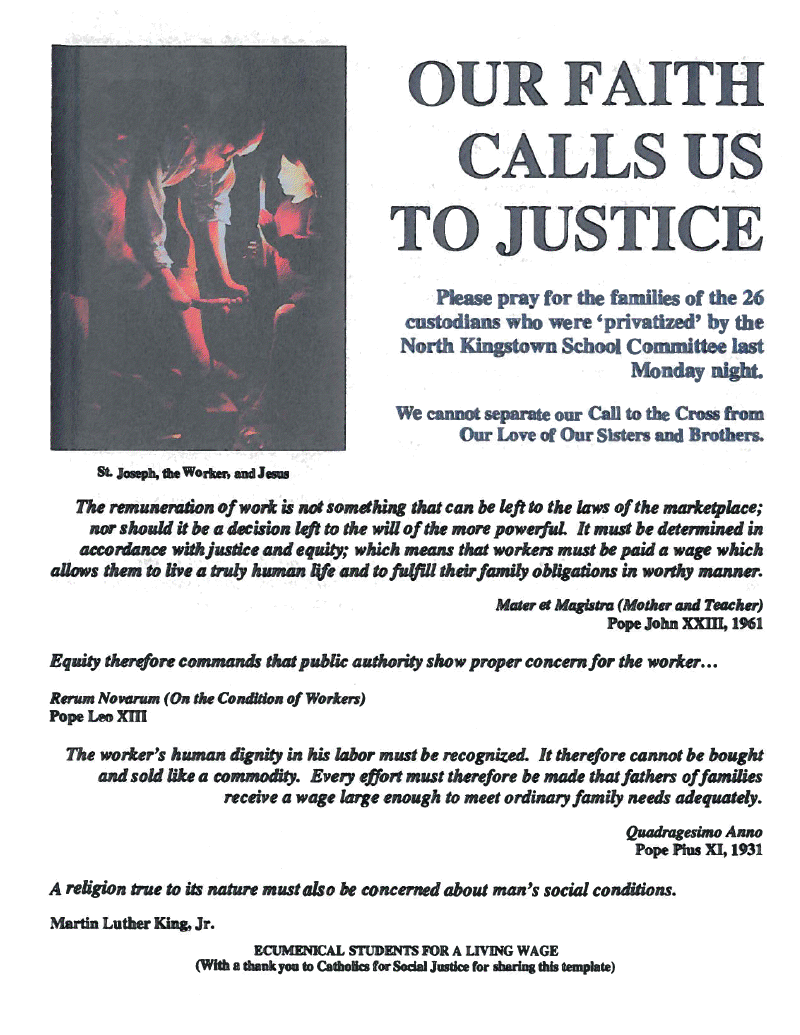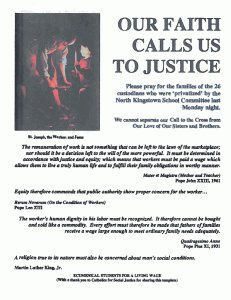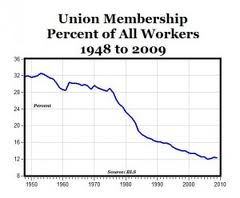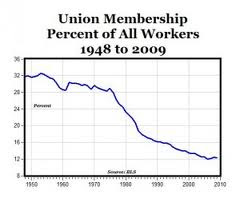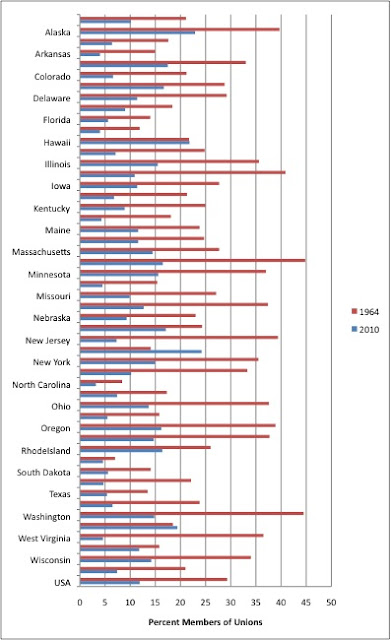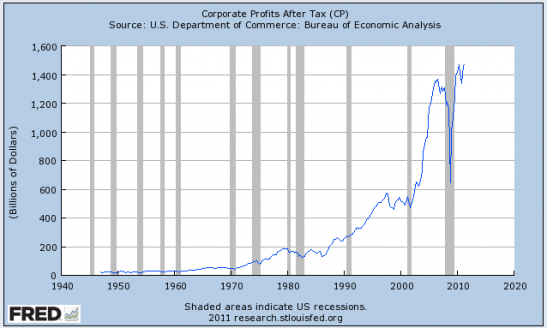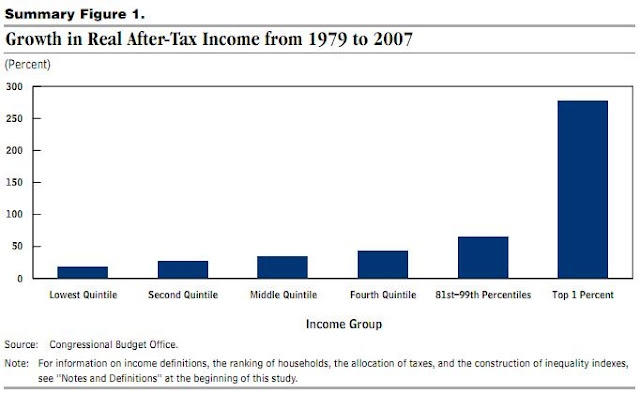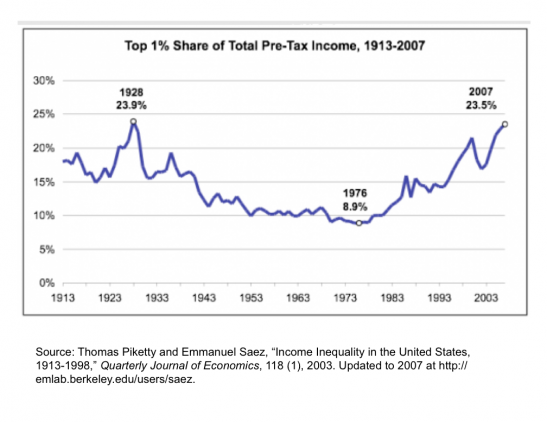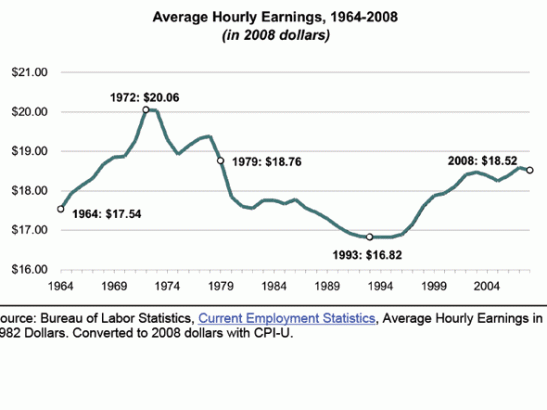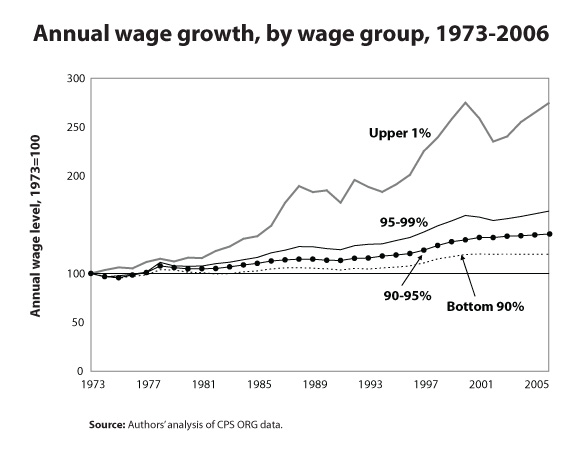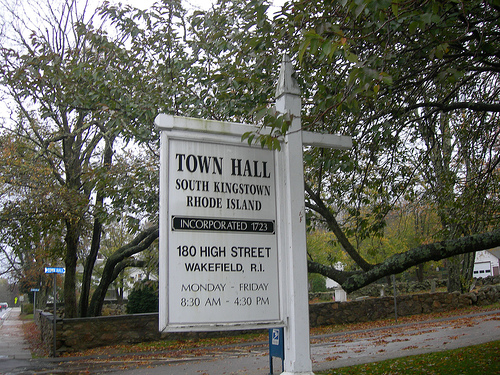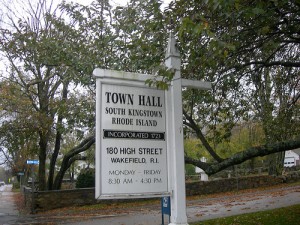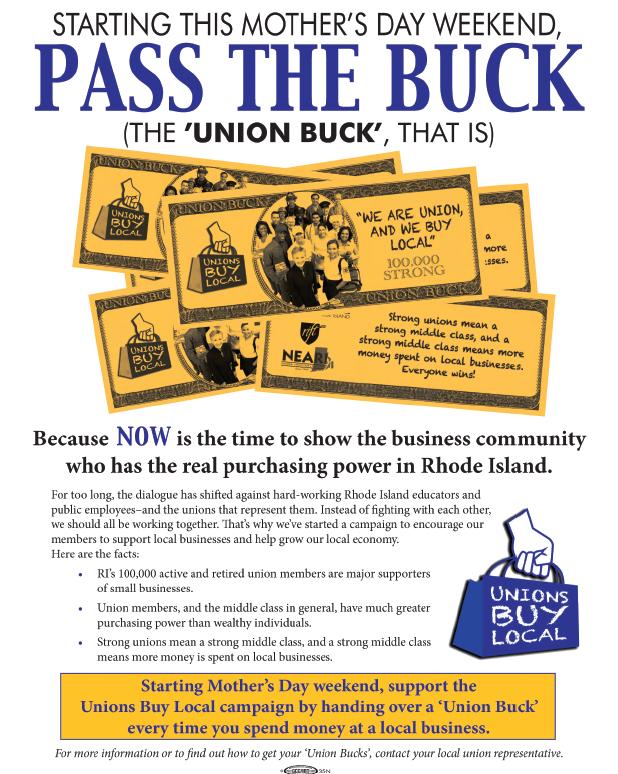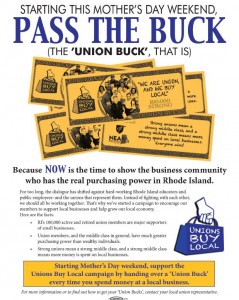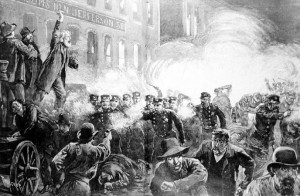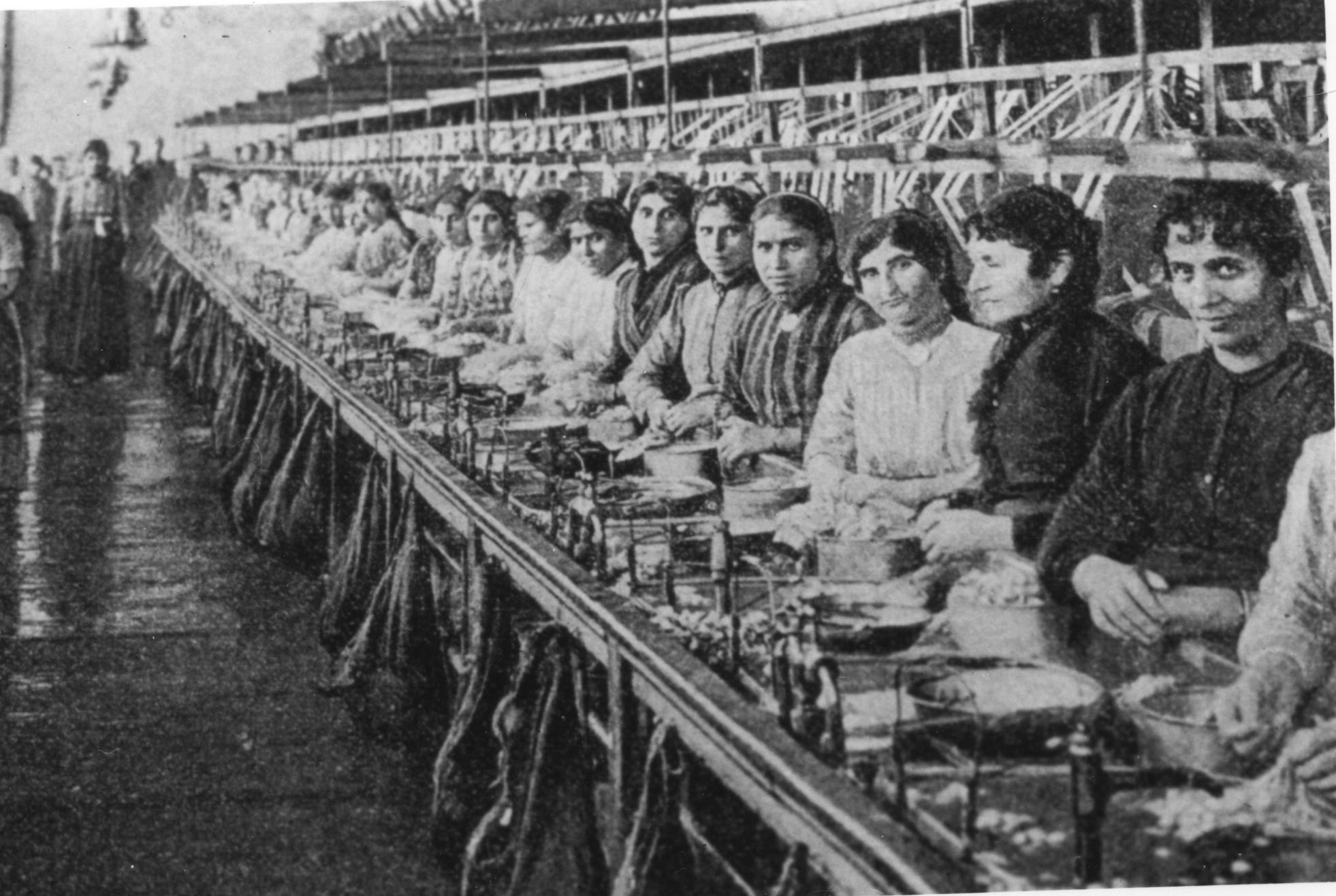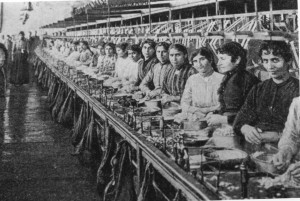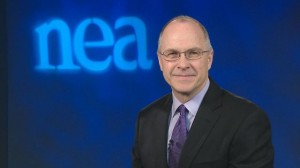 Each summer, over 9,000 NEA members from around the country gather at the NEA Representative Assembly, one of the largest democratic representative bodies in the world. Yesterday, my friend and colleague John Stocks, NEA’s Executive Director, gave the following remarks, which should be of interest to progressives everywhere.
Each summer, over 9,000 NEA members from around the country gather at the NEA Representative Assembly, one of the largest democratic representative bodies in the world. Yesterday, my friend and colleague John Stocks, NEA’s Executive Director, gave the following remarks, which should be of interest to progressives everywhere.
——————–
You know, each year July 4th is the day when we honor our country’s birth.
It’s a day that summons in each of us our own sense of pride about being Americans.
It’s a day in which we celebrate the patriots whose intellectual and physical bravery over 200 years ago created this grand and audacious experiment that we know as the American democracy –
an experiment built upon freedom and the pursuit of happiness.
We celebrate July 4th by honoring those who thought and fought to establish this country and those who fought wars to keep our democracy intact…patriots who paid the ultimate price so that we can continue to enjoy freedom as individuals and live peacefully together in a democracy.
And we still have patriots – our sons and daughters in uniform – who risk their lives day in and day out. And we pray they return home safely to their families.
Today, we honor those contributions and their sacrifices.
But for me, that’s only part of the celebration of our nation’s independence.
I actually view patriotism through a broader lens.
Our American DNA is embedded with a profound sense of possibility, an unshakable belief in a better tomorrow, an abiding faith that the American Dream is not only real, but a belief that there are many Americans who are willing to ensure that it’s truly accessible for everyone.
Too often we overlook the part of our national portrait that celebrates those Americans who are driven by their conscience to make America a more perfect union….those who are constantly urging America to live up to its promise of equal opportunity and justice for all.
Dr. Martin Luther King Jr said that to be “divinely dissatisfied” with America is to love America. I agree with him.
I have a name for people who are divinely dissatisfied with America, yet love America’s promise.
I call them social justice patriots.
I have tremendous faith that we as a nation will continue to progress because of the social justice patriots who valiantly fight every day to make America live up to its promise.
Social justice patriots challenge our present in order to forge a better future for all of us.
Let me give you an example:
The Declaration of Independence contains the aspirational phrase that we are “dedicated to the proposition that all men are created equal.”
But we know that phrase is woefully inadequate to capture our glorious diversity and our society doesn’t always guarantee equality.
Every time we challenge ourselves to broaden the inclusiveness of that phrase,
we are actually engaging in the patriotic act of making America a more perfect union.
And for me, a “more perfect union” means making America a more just society.
I have a deep reverence for NEA members.
You’ve played a huge role in fostering social justice patriotism throughout American history.
Not only have educators instructed each generation about the core principles upon which America was founded, but you have, in many instances, acted as the conscience of the nation we love.
It was educators, through this Association, who sought funds for the education of freed slaves and their children after the Civil War…
who spoke out against the treatment of Native American children in government schools…
who supported a woman’s right to vote.
It was educators, through this Association, who spoke out against the internment of Japanese-American children and their families.
It was educators, through this Association, who demanded equal educational opportunity for children with disabilities.
It was educators, through this Association, who challenged the absurdity that Spanish-speaking children were incapable of learning like other children.
It was educators, through the American Teachers Association, and then the National Education Association, who opposed the segregation of Black children in schools that were inherently unequal.
It was educators, through this Association, who took a stand to support equal treatment for same-sex couples.
We have every right to be proud, both of our Association and of our country.
That doesn’t mean that we’ve always arrived at these proud moments easily as an association.
We wrestled with these issues as an association, and we came down on the right side of history.
Adrienne Rich, an American poet, said:
“A patriot is one who wrestles for the soul of her country as she wrestles for her own being.”
So in thinking about being a social justice patriot, we must not only think about challenging our country to be better, but we must also challenge ourselves as individuals to do better.
Are we fulfilling our American calling to stand up for the rights of others?
Are we doing enough to honor our core values of Democracy, Equal Opportunity, and A Just Society?
I see breathtaking examples of NEA members educating America in order to make a more perfect union.
And we should celebrate them….but we have more to do.
Let’s start with democracy.
Since the 2010 elections, 30 states have passed laws designed to suppress the voting rights of millions of Americans.
THESE LAWS THREATEN OUR DEMOCRACY!
They’re designed to make it more difficult for people of color to vote.
It is estimated that these insidious laws could prevent 3.2 million voters from taking part in the 2012 elections
But friends, there are social justice patriots in our midst.
Jill Sissarelli, a government teacher at New Smyrna Beach High School in Florida, conducts a voter registration project every year as part of teaching her students about the importance of their civic responsibility.
But what Jill didn’t know was that Florida’s new law makes it more difficult to register people to vote.
As a result, Jill faced thousands of dollars in fines just for trying to help her students register….
But Jill persevered to protect her project….and she is a shining example of a social justice patriot.
I am extraordinarily proud that part of our election efforts this year will be to enlist NEA members in the fight against voter suppression…..to help educate Americans about where to vote, the requirements about voting, and the importance of voting.
But we have more to do.
Let’s talk for a moment about equal opportunity.
What we are experiencing now is the serious erosion of the middle class
And worse yet, the war on poverty has turned into a war on poor people!
Today, the average CEO of a Fortune 500 company makes about 600 times more than the average education support professional; back in the mid-1950s it was only about 20 times more.
And in our post-Citizens United world, corporations and the people who run them can afford to buy the politicians they want….
The politicians like Scott Walker and John Kasick and Rick Snyder who will make it easier for their corporate friends to make more money and avoid paying their fair share.
Friends, time and time again I have seen that the only effective answer to organized corporate greed in America is organized labor!
And the “one-percenters” in this country know that – it’s no secret why they’re trying to destroy the labor movement.
To the one percent, organized labor stands between them and their ability to have complete control of our political economy.
But I say we are social justice warriors… fighting to preserve the dignity of all those who work hard, pay their taxes, and simply want to send their kids to college and have a decent retirement.
But, we know that the growing economic inequality in America has touched more than just our own lives.
It is touching our students and their families.
In America today, while the rich grow richer, the number of children living in poverty continues to grow.
Today in America, almost 16 and a half million children now live in poverty.
One of every five children in our classrooms lives in poverty.
What’s even more devastating to hear is that one in 45 children in America experiences homelessness each year.
That’s 1.6 million children who are sleeping in cars…under freeway overpasses…living in tents and abandoned buildings….and getting ready for school in public restrooms.
The one percent doesn’t see these children every day.
They don’t even know their names. But we do.
We know them, we feed them, we teach them, we comfort them.
They’re on our school buses, in our cafeterias, in our classrooms.
They come to school hungry.
They start first grade a year or two behind their middle-class peers.
As educators, you know better than anyone what a toll this takes on children.
You know better than anyone they need individual attention, high expectations, and a ready reserve of emotional support.
They need teachers and education support professionals who will lift them up and be the wind at their backs.
But just last week, Mitt Romney said he wants Americans to “get as much education as they can afford.”
Well sisters and brothers–
If we can afford wars that never end in faraway places,
if we can afford enormous tax breaks for some of our richest corporations,
if we can afford to finance the export of American jobs overseas,
then we can afford to do whatever it takes and spend whatever it costs to ensure every single one of our students receives a quality education!
But there’s another issue related to equality of opportunity that has evoked some very ugly rhetoric – and that’s the issue of immigration.
There are 2.1 million young people now in the United States who came to live here as children with their parents. These young people are prevented from going to college or applying for jobs because of their legal status.
The Dream Act would provide these young people with the opportunity to contribute to the only country they call home.
And yet, the opposition to the Dream Act in Congress is fierce.
But there’s hope, sisters and brothers.
Our courageous President Barack Obama recently signed an Executive Order halting the deportation of hundreds of thousands of “Dreamers.”
Now we all know he’s been vilified for doing so. But it was the right thing to do!
Here again, we have examples within the NEA family of social justice patriotism in the struggle for immigrant rights.
Our members in Arizona and Alabama have fought against discriminatory immigration laws.
NEA members in Tuscon have fought against a ban on ethnic studies so that students have access to a rich curriculum that honors their diverse heritage.
Our members across the country have cared for children who have been separated from their parents due to immigration raids in workplaces.
I am so proud that we support the Dreamers and the DREAM Act.
I am so proud that NEA fights for an immigration policy that doesn’t split up families and doesn’t harm children.
And I’m even prouder of NEA members who will raise their voices,
open their homes, become the equivalent of foster parents to children who have done nothing wrong, but simply attend school here in the United States.
That’s social justice patriotism!
I remember fighting the white supremacist skinheads in Idaho.
They had moved into the Aryan Nation’s compound in Kootenai County.
They bombed my priest’s home.
They attacked my friend, Vicky Keenan–a Native American woman–and her son, Jason.
They bombed our Post Office and the federal building.
We were all scared to death. But we were also outraged. So we fought back. We organized.
I saw people like NEA delegate Joann Harvey and Professor Tony Stewart stand up against this evil, despite all of the threats against them.
I saw other people who had been cowed into silence find their courage and learn to speak out.
Eventually, with the legal help of Morris Dees of the Southern Poverty Law Center, the Aryan Nations’ compound was demolished!
Collective action for social justice can bring about incredible change!
But we also have an individual responsibility to wake up every day and question ourselves, our beliefs, our behavior.
After all, a more perfect union also requires each of us to be better human beings.
When we see injustice or discrimination, we need to confront it and speak out.
But discrimination isn’t just perpetrated by individuals; it’s also systemic.
In New York, for example, between 2006 and 2009, the police stopped and frisked an astounding three million people,
And you guessed it, 90 percent of them were Black or Latino youth.
That’s why I’m proud that NEA is a partner in the NAACP’s new Campaign to End Racial Profiling.
Last month, my daughter Emily and I had the privilege of joining their first demonstration—a silent march down 5th Avenue to protest the New York Police Department’s stop and frisk policy.
We walked with Marian Wright Edelman, longtime leader of the Children’s Defense Fund.
We walked with Ben Jealous, courageous President of the NAACP.
We walked with tens of thousands of others who believe the stop and frisk policy is DANGEROUS to our democracy!
Black, Latino, and Muslim men and boys between the ages of 14 and 26 are being stopped on the streets, thrown up against the wall and frisked, without cause, and some of them were simply trying to go to school.
It’s wrong. It’s unjust. And it’s not just happening in New York City.
When any law-abiding American cannot walk freely on any street or in any community in this country without looking over his shoulder, it means he is not truly free.
Imagine being tormented by the knowledge that his own community views him first as a suspect and not as a neighbor.
It doesn’t matter that he might be a straight A student.
It doesn’t matter that he might volunteer in his community.
To that young man and so many other Americans, we are robbing them of liberty and the pursuit of happiness.
And we as a progressive labor union and a social justice organization have a responsibility to take a stand and say “No More!”
You see, cannot have a truly free America without being a truly just America!
But for us, there are three disturbing questions we need to confront:
Does racial profiling start in our schools?
Does the pipeline to prison for minority youth begin in school?
And if it does, what are we going to do to stop it?
Every year, 3.3 million K-12 students are suspended from school and African American and Latino students represent a disproportionate number of those suspended.
I am incredibly proud to share that as part of our partnership with NAACP, NEA is helping to develop a racial profiling curriculum for educators, students and community leaders.
We must ensure that this topic can be discussed responsibly and constructively in America’s schools, so that we can begin to end this behavior.
We will partner with other organizations to challenge and change zero-tolerance school discipline policies and replace them with what we know works for students and for schools.
Shoving our kids out of schools, shoving them away from the support they need, denying them access to the tools that will equip them for life is the ultimate act of intolerance and condemnation.
And if we don’t do something, we will perpetuate the school to prison pipeline.
Again, I agree with Dr. King. To challenge what we see, to truly wrestle with the difficult and painful, is to demonstrate the ultimate devotion to righting what is wrong.
As a country and as an organization we have always done this.
It was former NEA President Mary Hatwood Futrell who once declared that “NEA is an organization with a soul.”
Well, it’s time now for another generation of NEA leaders and activists to put the power of our soul to work to defend democracy, to fight for equal opportunity, and to create a more just society!
Be the activists for social justice and equal opportunity in America!
NEA, on this 4th of July, we have so much to celebrate!
We are bonded together with a glorious commitment to fight injustice.
We have an unbelievable legacy of contribution to this country.
And I know that every single one of you is as proud as I am to be a part of an organization that strives to make America a more perfect union for every single man, woman, and child.
NEA members,
Keep Standing Strong!
Keep Fighting for Justice!
Keep Fighting for our Students!
We are ALL social justice patriots and we ARE the NEA!
Thank you so much!
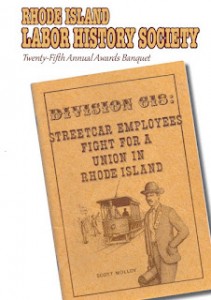 conditions necessary for TF Green’s “Bloodless” Revolution, and the death of Wilma Schesler, martyred in 1974 on a picket line for public sector workers.
conditions necessary for TF Green’s “Bloodless” Revolution, and the death of Wilma Schesler, martyred in 1974 on a picket line for public sector workers.
